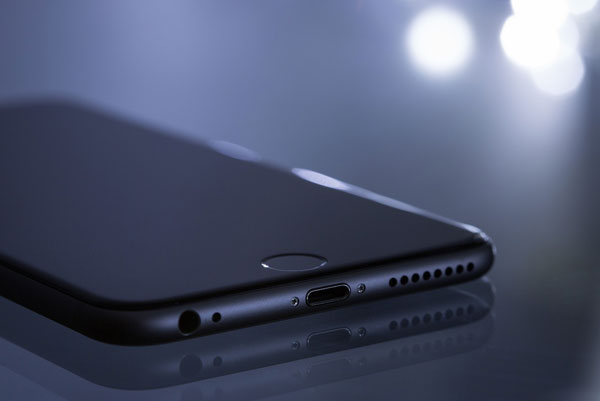iPhone 16 launch shakes up tech market and investor strategies

[An iPhone. Photo Credit to Pixabay]
The iPhone 16 series is set to launch soon across worldwide markets.
Both the iPhone 16 and the iPhone 16 Plus are slated for release.
According to an Apple press release, “built for Apple Intelligence with the all-new A18 chip, both models feature Camera Control, powerful upgrades to the advanced camera system, the Action button to quickly access useful features, and a big boost in battery life.”
The press release further states that “pre-orders begin Friday, September 13, with availability beginning Friday, September 20.”
One key area of interest is Apple's strategic use of artificial intelligence (AI) technologies, particularly with the A18 chip's integration.
The rapid integration of AI into mobile computing, while advancing user experiences, has also contributed to the recent surge in the company’s valuation.
However, tech investors, as noted by Forbes, are treading carefully due to uncertainties surrounding AI regulation and sustainability.
With AI driving innovation across the industry, Apple’s decision to further AI capabilities in its flagship product is seen as both a necessary step and a risky move for future profitability.
In light of these new releases, a variety of Apple products will be discontinued.
According to SlashGear, the iPhone 15 Pro, iPhone 15 Pro Max, iPhone 13, AirPods Max with Lightning, AirPods 2 and 3, and FineWoven accessories will all be discontinued.
The publication notes that “Apple discontinues its Pro models only a year after release.”
This strategy is employed because, “considering how similar iPhones are lately - people would probably just grab the previous year’s version to save a bit of money.”
The impact of the new iPhone launch on investment portfolios remains a topic of interest.
According to Adam Spatacco on Microsoft Start, “right now, AI is the primary catalyst fueling the technology sector at large.”
This observation becomes particularly intriguing when Spatacco analyzes the recent investments made by investor Warren Buffett.
He notes that “Buffett might not be as compelled by the prospects of AI as other investors.”
While new product launches typically present investment opportunities, Spatacco suggests that “a closer look at D.E. Shaw’s entire 13F filing could shed some light into its portfolio management strategy.”
He reports that “in addition to Apple, D.E. Shaw also reduced positions in other AI stocks including Microsoft, Nvidia, Meta Platforms, Tesla, Alphabet, and Amazon.”
Despite AI driving growth in investments, some investors view it as a potential “bubble.”
Spatacco elaborates “with some calling AI a bubble, changes to monetary policy that were not yet known during the second quarter, and broader economic concerns around inflation that directly impact demand for pricey items such as an iPhone, who can blame D.E. Shaw for taking some money off the table after outsize run-ups in big tech stocks?”
Consequently, prominent and well-known investors currently do not seem to be relying on Apple stocks to grow their portfolios.
Instead, these investors are gravitating towards more brick-and-mortar stocks rather than technological stocks like Apple.

- Seojoon (Roy) Kang / Grade 12
- Saint Mary’s High School

![THE HERALD STUDENT REPORTERS [US]](/assets/images/logo_student_us.png)
![THE HERALD STUDENT REPORTERS [Canada]](/assets/images/logo_student_ca.png)
